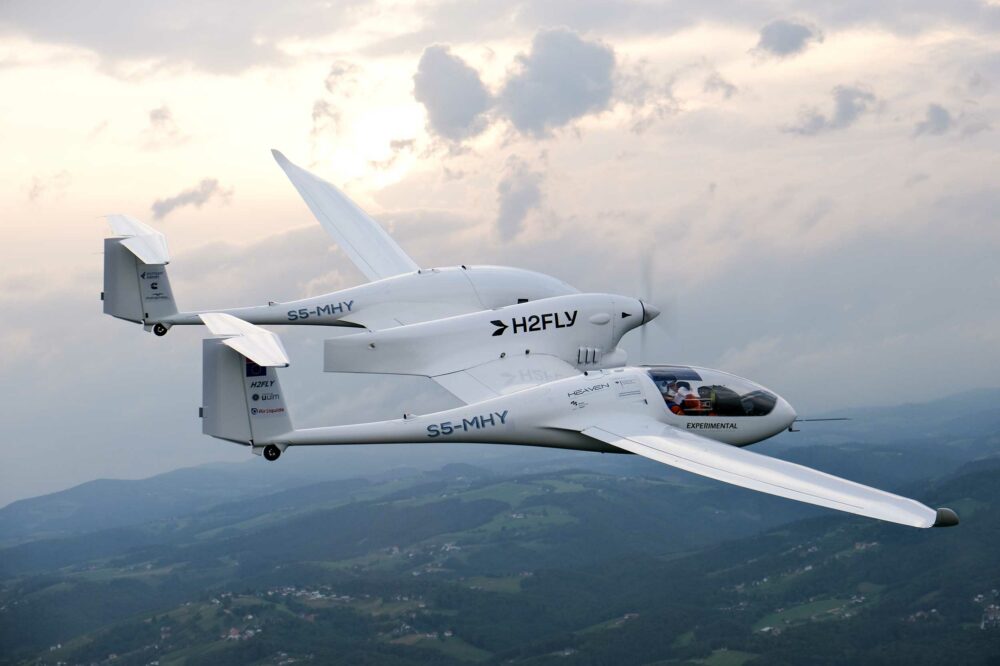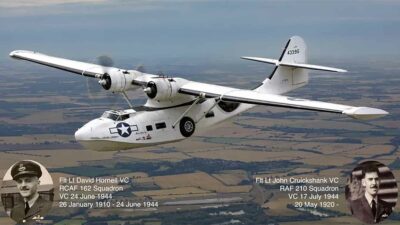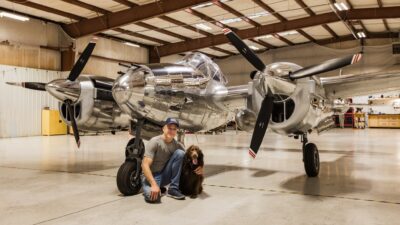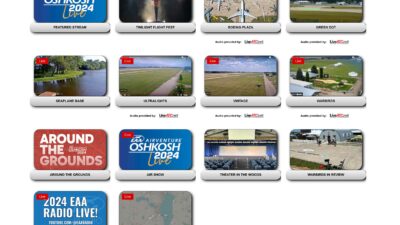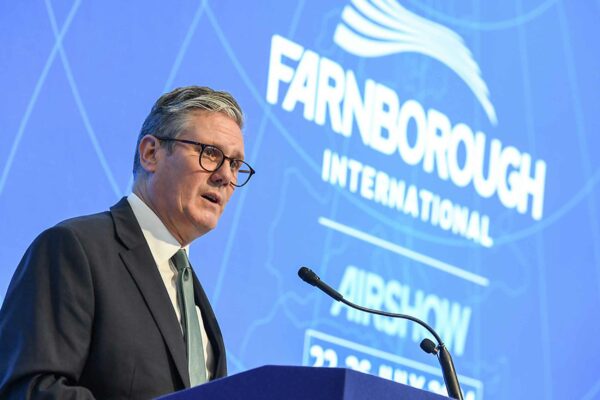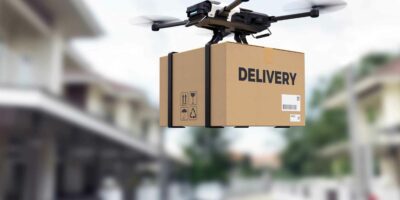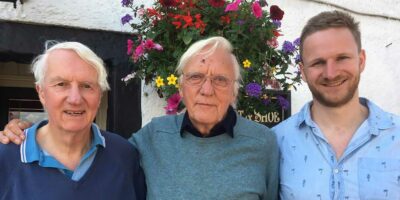Hydrogen carried as a liquid rather than as gas could double the range of a hydrogen-electric fuel cell powered aircraft.
That’s the conclusion of a series of test flights by H2FLY, a German developer, which says it has successfully completed the world’s first piloted flight of an electric aircraft powered by liquid hydrogen.
The H2FLY team completed four flights powered by liquid hydrogen as part of its flight test campaign, including one flight that lasted for more than three hours. The flights were completed with H2FLY’s HY4 demonstrator aircraft, fitted with a hydrogen-electric fuel cell propulsion system and cryogenically stored liquid hydrogen that powered the aircraft.
Results of the test flights indicate that using liquid hydrogen in place of gaseous hydrogen will double the maximum range of the HY4 aircraft from 750km to 1,500km.
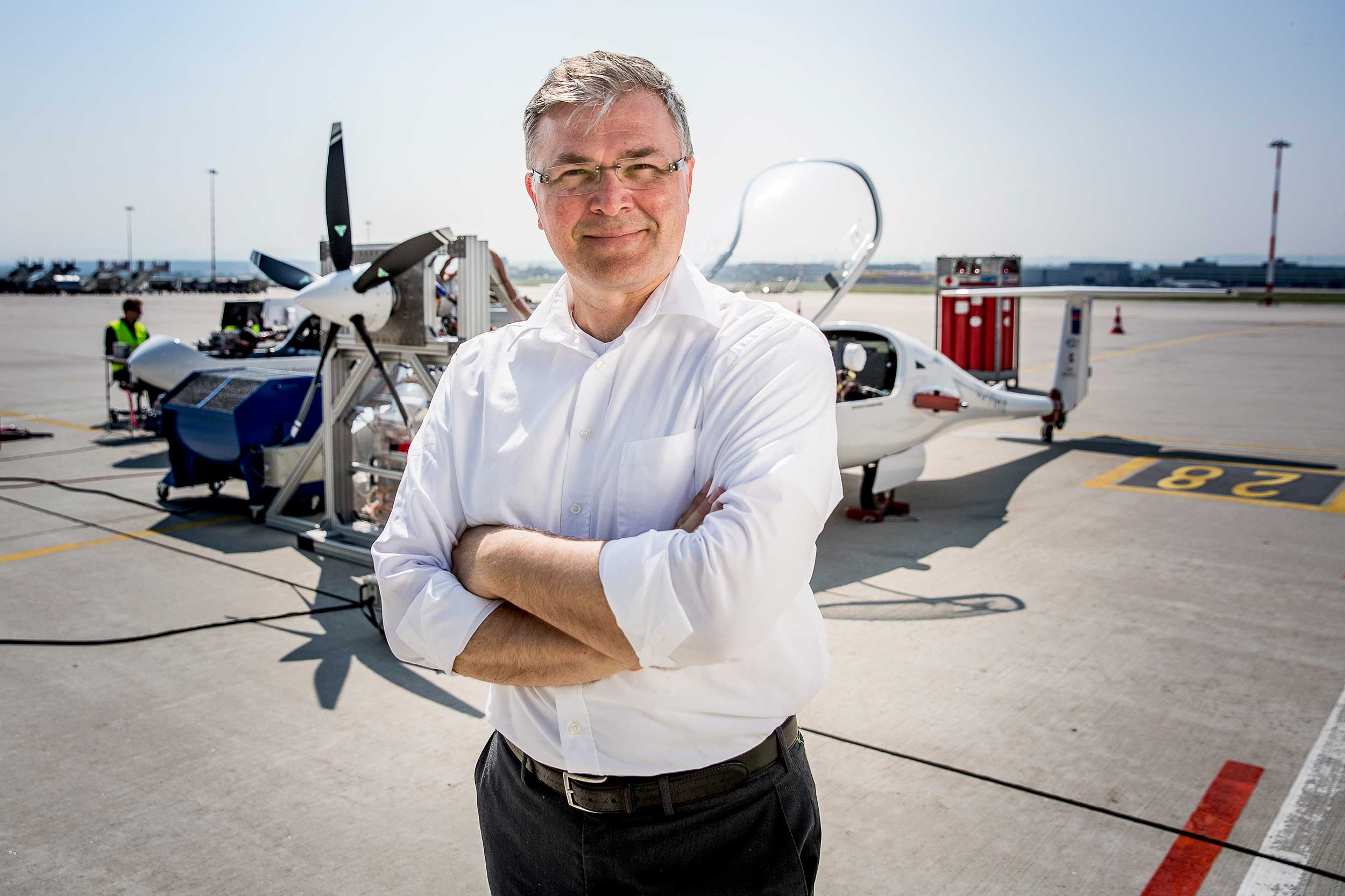
Professor Josef Kallo with HY4 during the test flights
Professor Josef Kallo, co-founder of H2FLY, said, “This achievement marks a watershed moment in the use of hydrogen to power aircraft. Together with our partners, we have demonstrated the viability of liquid hydrogen to support medium and long-range emissions-free flight.
“We are now looking ahead to scaling up our technology for regional aircraft and other applications, beginning the critical mission of decarbonizing commercial aviation.”
HY4 is backed by Project HEAVEN, a European-government-supported consortium assembled to demonstrate the feasibility of using liquid, cryogenic hydrogen in aircraft.
The consortium is led by H2FLY and includes partners Air Liquide, Pipistrel Vertical Solutions, the German Aerospace Centre (DLR), EKPO Fuel Cell Technologies, and Fundación Ayesa, with funding from the German government.
Compared with pressurised gaseous hydrogen storage (GH2), the use of liquified, cryogenic hydrogen (LH2) enables significantly lower tank weights and volume, therefore leading to increased aircraft range and useful payload, said H2FLY.
In June, H2FLY announced its new H2F-175 fuel cell systems which will be capable of providing a full power range in flight altitudes of up to 27,000ft, marking an important step on the path from lower altitude viability flight demonstrations to real-world commercial aircraft applications.
In 2024, H2FLY will open its Hydrogen Aviation Centre at Stuttgart Airport. The Centre aims to become a focal point for the future of Europe’s aviation industry and its hydrogen economy, providing fuel cell aircraft integration facilities and liquid hydrogen infrastructure.
H2FLY


